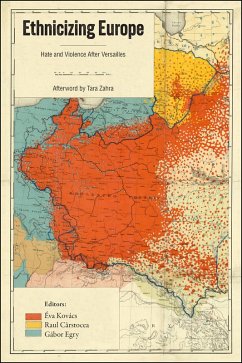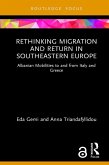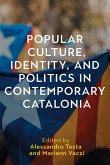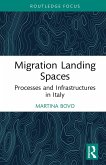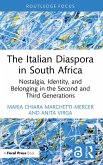Ethnicizing Europe focuses on the dynamics of interethnic violence in Europe between the two world wars. The new international system that was enshrined by the Versailles peace treaties after World War I did not bring stability to East-Central Europe. Rather, it resulted in a host of conditions like self-determination, international oversight, revolutionary political ideas, and democratic processes, which eventually gave new meaning to already established conflicts, as well as igniting new conflicts in the region. This book opens with a discussion of the theoretical scholarship on ethnicity before proceeding to specific case studies investigating the different ways in which ethnicity was enacted and contested during a period of European transformation, focusing mostly on ethnically heterogeneous locales. Rather than concentrating on either political violence or ethnonationalism, this collection brings these two literatures together to show how ethnicization, the legal concepts of citizenship, and violence were intertwined in post-Versailles Europe, not only shaping the period between the wars, but also the Europe we know today. The book concludes with an afterword by Tara Zahra, which expands this perspective to the wider transatlantic region.
Dieser Download kann aus rechtlichen Gründen nur mit Rechnungsadresse in A, D ausgeliefert werden.

